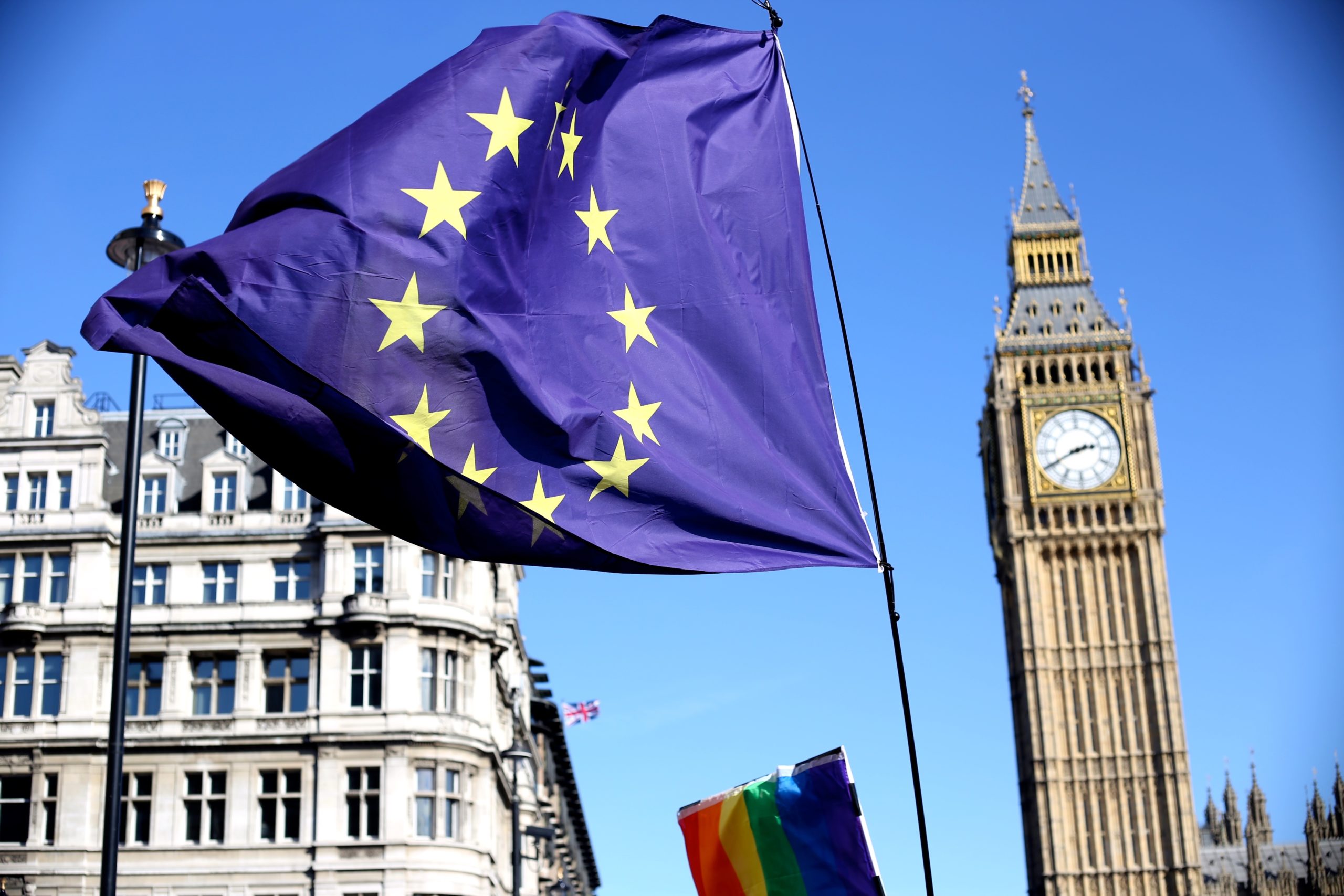The start of 2021 saw the end of the UK’s membership of the European Union through legal formalisation of the Prime Minister Boris Johnson’s post-Brexit trade deal. What exactly has changed? What is the state of our relationships with EU nations? And what will the economic impact be for the UK and EU?
First and foremost, the trade deal, in Boris Johnson’s own words is ‘based on free trade and friendly cooperation’, to many just hearing ‘free trade’ is a sigh of relief, as it is one of the major benefits of being in the EU. However, safety checks and customs declarations will be introduced at the border, which could slow goods down. As for ‘friendly cooperation’ this could mean a variety of things. On fishing a compromise was reached, with the UK slowly gaining a greater share of the fish in its waters over the next 5 years, instead of gaining instant control back. Other signs of this so-called ‘friendly cooperation’ is seen with the UK having a presence at Europol (EU law enforcement agency) headquarters, while not maintaining membership (the same deal the USA has with Europol). However, some cooperation will come to an end, such as Erasmus; the EU scheme that allows students to study in fellow EU nations. Northern Ireland is an exception to this prohibition however, due to an arrangement with the Republic of Ireland government. Of course, this is only a small part of the whole UK-EU trade deal, there are many more pros and cons.
As for the UK’s relationship with the EU and its member nations, it appears not much has changed. The UK is still a part of the continent of Europe, this should come to no surprise, as well as this the UK is still a part of many other treaties that include our ex-EU neighbours. This includes NATO (North Atlantic Treaty Alliance), European Court of Human Rights (this is not a part of the EU), and the Paris Climate Agreement. Therefore, our allies in Europe are still our allies.
Arguably the most complex question to answer on the topic of Brexit is its economic impact. The UK was a net contributor to the EU budget, this meant that the UK put more money into the EU than the UK got from the EU. The same goes for Germany, France, the Netherlands, Sweden, Finland, and a few others. This has left an estimate by the EU of a €10 billion deficit, this leaves the EU with the difficult decision to cut down on spending or to charge the remaining net contributors more money. But otherwise, the EU should recover eventually. The UK has managed to maintain free trade. However, without the stability afforded by the EU, it is difficult to know whether Britain will recover quickly from the turbulent times brought on by the ongoing pandemic. Chancellor of Exchequer Rishi Sunak, estimates that the economic destruction brought about by Coronaviris will increase the UK’s debt to £280 billion.
Ultimately, the new deal between the UK and EU appears to be holding together the post-Brexit situation for now, but with reports already of the new red tape at the border slowing goods from entering the UK, a rough adjustment period can definitely be expected for both parties.
Cameron Thomas
Image source: Wikimedia Commons

